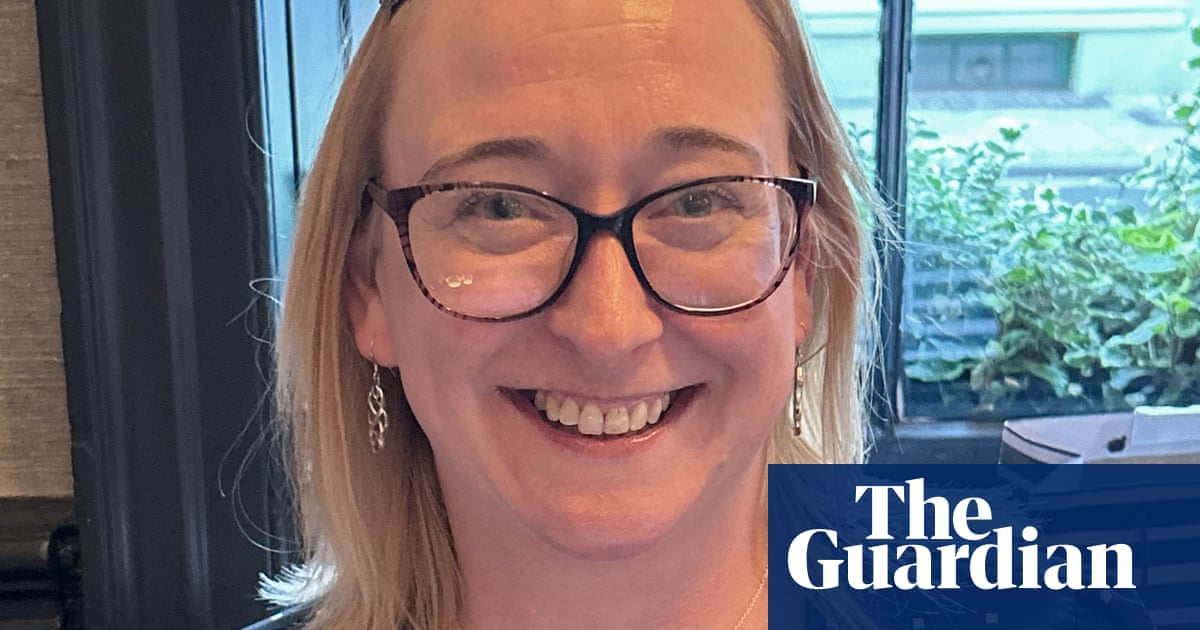The article presents a complex legal case involving a woman's use of abortion pills during the COVID-19 lockdown, ultimately leading to her acquittal of illegal abortion charges. This case raises significant questions about reproductive rights, public health policies, and the implications of remote healthcare consultations.
Legal and Ethical Implications
Nicola Packer's situation highlights the challenges surrounding abortion access, particularly during extraordinary circumstances like a pandemic. The legal framework that allowed her to obtain the pills via remote consultation was initially temporary but later became permanent. The case illustrates the tension between regulations and individual circumstances, as Packer's defense emphasized the tragic nature of her experience rather than criminality. This framing could influence public perception of abortion laws and the support for more accessible reproductive healthcare.
Public Sentiment and Perception
The verdict could evoke a spectrum of reactions from the public. Supporters of reproductive rights may view the ruling as a victory for women's autonomy, while opponents might argue that it undermines the seriousness of abortion regulations. The emotional appeal of Packer's testimony, which focuses on her trauma, may generate empathy and support for changing perceptions surrounding abortion cases in general.
Potential Consequences for Society and Policy
The outcome of this case could spark discussions about abortion laws in the UK and possibly affect legislative changes. As more people become aware of the nuances involved in similar cases, there could be increased advocacy for clearer regulations surrounding telehealth and abortion access. If such cases gain traction in public discourse, they may lead to broader reforms or backlash against current abortion laws.
Communities Impacted
This news likely resonates more with communities advocating for reproductive rights, as well as those who have experienced similar situations. Women’s health organizations and activists may leverage this case to highlight the need for compassionate responses to reproductive health issues, while conservative groups may use it to push back against perceived leniency in abortion laws.
Market and Economic Implications
While this news is primarily legal and social in nature, it could have indirect implications for healthcare markets, particularly telehealth services. Companies providing remote healthcare solutions may see increased interest or scrutiny based on the outcome of such cases. However, there is no direct indication that this news will significantly impact stock markets or specific industries.
Global Context and Relevance
The case is situated within a broader global conversation about reproductive rights and healthcare access, particularly in light of various legislative changes around the world. The ongoing debates in countries regarding abortion could find parallels in the UK context, highlighting the global nature of this issue.
Technology and AI Influence
There is no clear evidence from the article that artificial intelligence influenced the writing. However, AI could play a role in shaping public discourse by analyzing trends in social media sentiment or providing insights into legal language. If AI were used, it might have focused on the emotional aspects of the case to drive engagement.
In conclusion, the reliability of this article is solid, as it presents factual information about a court case and includes direct quotes from legal representatives. Nonetheless, the framing of the case and the emotional narrative may lead to differing interpretations among the public, influencing perceptions of abortion rights. The article serves to inform while potentially guiding public opinion on these sensitive legal and ethical matters.
